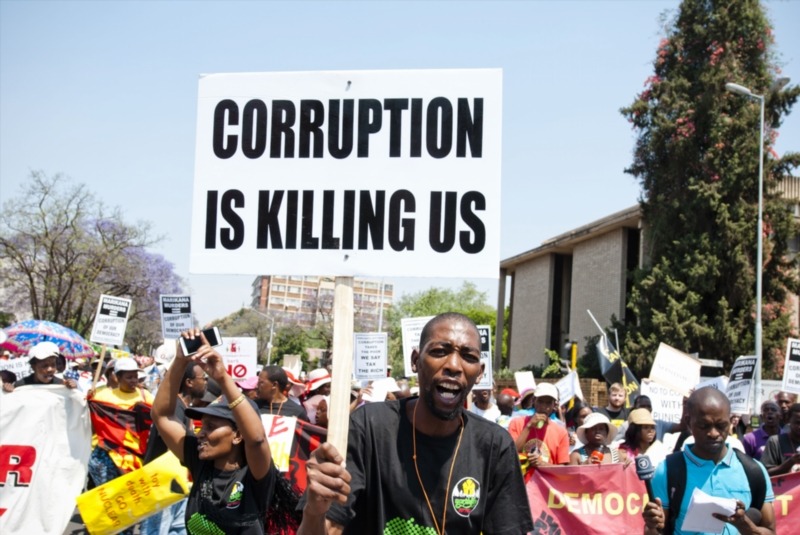
The high-profile “Covidgate” scandal involving former Malian Chamber of Commerce and Industry (CCIM) president Youssouf Bathily has been officially referred to the Assize Court, as prosecutors pursue charges of embezzlement and corruption tied to the management of protective masks during the Covid-19 pandemic.
Bathily, a well-known figure in Mali’s business sector, was arrested on 23 November 2022 and remanded in custody by the Bamako Economic and Financial Center.
He now faces trial alongside CCIM Secretary General Cheick Oumar Camara and accountant Lamine Sacko on charges of “damage to public property, money laundering, and favoritism” stemming from the state-backed “One Malian, One Mask” initiative.
The programme, launched in 2020 under then-president Ibrahim Boubacar Keïta (IBK), sought to distribute 21 million masks free of charge to the population—10,050,000 surgical masks and 9,050,000 washable, reusable masks—at a cost of 10.9 billion CFA francs.
While auditors confirmed that all masks were delivered and distributed, an investigation by the Office of the Auditor General uncovered serious irregularities in contract registration, financial oversight, and fee payments, despite a ministerial decree exempting some charges.
These alleged violations have now triggered one of Mali’s most significant corruption trials in recent memory.
Bathily briefly secured provisional release in June 2023 after the Court of Appeal granted bail, initially set at 150 million CFA francs before being raised to 850 million.
However, the Attorney General appealed, and the Supreme Court overturned the ruling, citing incomplete investigations.
In its referral, the Court of Appeal’s indictment chamber partially dismissed charges against four other individuals—Soya Golfa Bathily, Sékou Dramera, Alpha Paul Guindo, and Alou Bathily—but confirmed a full trial for Bathily, Camara, and Sacko.
The forthcoming Assize Court trial is expected to scrutinise how a pandemic-era contract worth nearly 11 billion CFA francs, despite fulfilling its public health objectives, became mired in accusations of opaque financial practices and administrative violations. The proceedings are likely to set a precedent for how Mali confronts corruption linked to emergency public spending.



